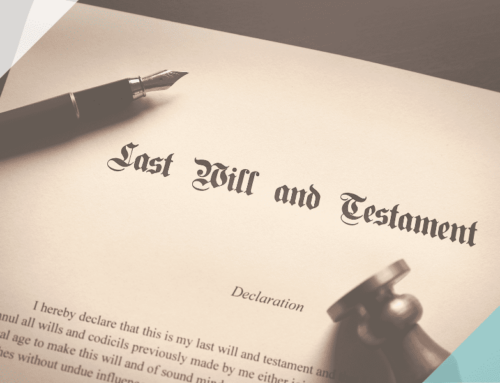When it comes to estate planning and asset management, one instrument that often comes into play is a Declaration of Trust. Declarations of Trust provide individuals with a powerful tool for controlling and protecting their assets while ensuring that their wishes are respected. In this comprehensive guide, we will delve into the intricacies of Declarations of Trust, exploring their purpose, components, benefits, and potential applications.
- What is a Declaration of Trust?
A Declaration of Trust, also known as a Trust Deed or Deed of Trust, is a legal document that establishes a trust and outlines the terms and conditions under which the trust operates. It sets out the intentions and desires of the settlor (the person creating the trust) regarding the management and distribution of their assets.
- Key Parties Involved:
a. Settlor: The person who creates the trust and transfers their assets into it.
b. Trustee(s): The individuals or entities appointed to manage and administer the trust according to the settlor’s instructions.
c. Beneficiaries: The individuals or entities who will benefit from the trust’s assets and income.
- Types of Declarations of Trust:
a. Revocable Trust: The settlor maintains control over the trust during their lifetime and can modify or revoke its terms if desired.
b. Irrevocable Trust: The terms of the trust cannot be altered or revoked by the settlor once it is established. It provides more asset protection and potential tax benefits but limits the settlor’s control.
c. Testamentary Trust: Created within a will and takes effect upon the settlor’s death. It allows for the management and distribution of assets to beneficiaries as specified in the will.
- Benefits of Declarations of Trust:
a. Asset Protection: A Declaration of Trust can shield assets from creditors, lawsuits, or other potential risks, providing a layer of protection for the settlor’s wealth.
b. Privacy: Unlike wills, which go through probate and become public records, a Declaration of Trust allows for the private transfer of assets, maintaining confidentiality.
c. Avoidance of Probate: Assets held within a trust can bypass the often lengthy and costly probate process, ensuring a smoother transition of assets to beneficiaries.
d. Incapacity Planning: A trust can include provisions for managing the settlor’s assets in the event of their incapacity, providing continuity and avoiding the need for a guardianship or conservatorship.
e. Tax Planning: Trusts can offer various tax advantages, including estate tax reduction, capital gains tax planning, and income tax planning.
- Creating a Declaration of Trust:
a. Identify goals and objectives: Determine the purpose of the trust, the desired management of assets, and the intended beneficiaries.
b. Choose a trustee: Select responsible individuals or professional entities capable of fulfilling their fiduciary duties.
c. Specify trust terms: Clearly outline the terms, conditions, and distribution provisions of the trust to ensure that the settlor’s intentions are accurately reflected.
d. Fund the trust: Transfer assets into the trust by re-titling property, changing beneficiary designations, or creating new accounts in the trust’s name.
- Seeking Legal and Financial Advice:
Given the complexity and potential legal implications of Declarations of Trust, it is crucial to consult with an experienced estate planning solicitor and financial adviser. They can provide guidance tailored to your specific circumstances and help ensure that your intentions are effectively captured within the trust document.
Declarations of Trust offer individuals a powerful tool for estate planning, asset protection, and ensuring the seamless transfer of wealth to future generations. By understanding the purpose, components, benefits, and applications of these trusts, you can make informed decisions to safeguard your assets and legacy. Remember to seek professional guidance to navigate the complexities and nuances of Declarations of Trust in line with your unique circumstances.
If you need legal support in this area, please email laura.harrington-rutterford@attwells.com





